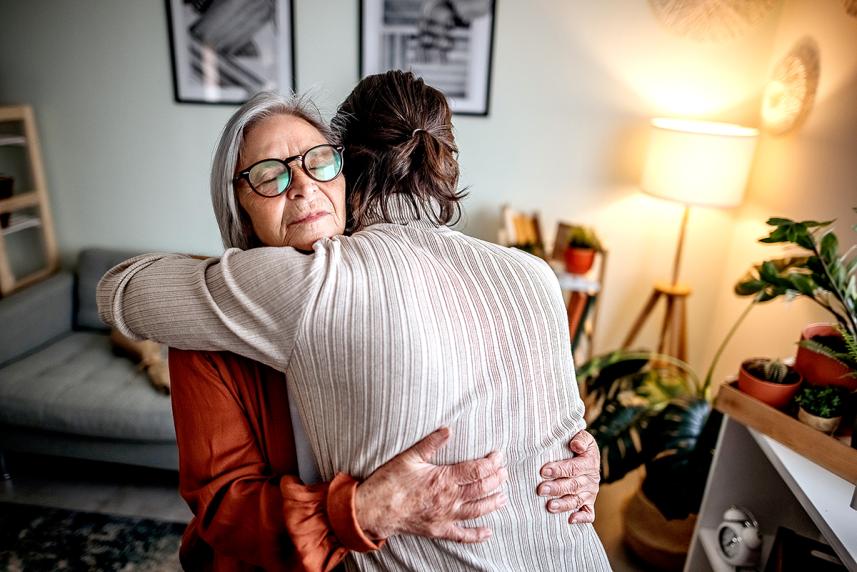How to find forgiveness
The simple act of letting go can improve your wellbeing

We’ve all experienced hurt that’s created lasting wounds that left you feeling angry, sad, bitter, and maybe even vengeful. But no matter how bad the hurt, you can move on to forgiveness. When you forgive someone, you toss out negative emotions such as resentment and hostility and replace them with positive feelings of compassion, empathy, and understanding. Ultimately, forgiveness isn’t about letting someone who has hurt you off the hook; it’s about letting yourself off the hook. Here’s how you can start the process.
Be empathetic
Reflect on times you’ve hurt others and been forgiven. This will lead you to feel empathetic for the other person. Step back from your emotional reaction and look at the situation rationally. “You might be able to understand why the person behaved the way they did,” says Taryn Marie Stejskal, Ph.D., a psychologist in Philadelphia. Try to accept that others make mistakes, adds Yan Wang, Ph.D., psychology professor at Endicott College in Beverly, Massachusetts.
Be vulnerable
You should be able to express your disappointment and expectations in relationships worth saving. Speaking your true feelings can
make you feel exposed, but that’s just part of the forgiveness process. “Accepting an apology means you’re allowing the other person to
see that you’re hurt,” says Stejskal, “and you are trusting that they’re sincere in their apology and won’t hurt you again.”
Be patient
Give yourself some grace if forgiveness takes time. You may need to take a break from a friendship or spend less time with your partner for a while. “This isn’t a pass to hold on to resentment,” says Stejskal. “Feelings of betrayal and disappointment don’t instantly evaporate when you hear the words ‘I’m sorry.’” Focus on feeling a little less angry and resentful each day. In time, your heart will likely come around and you will be ready to fully forgive.
Be empowered
Remember that forgiveness is ultimately for you, not the person who offended or wronged you, says Wang. You have to decide if you want to end the relationship, if you want to continue to live with anger, or if you want to liberate yourself by forgiving. If you’re having a hard time getting to a place of inner strength, try journaling, writing a letter to the person, prayer, or guided meditation.


